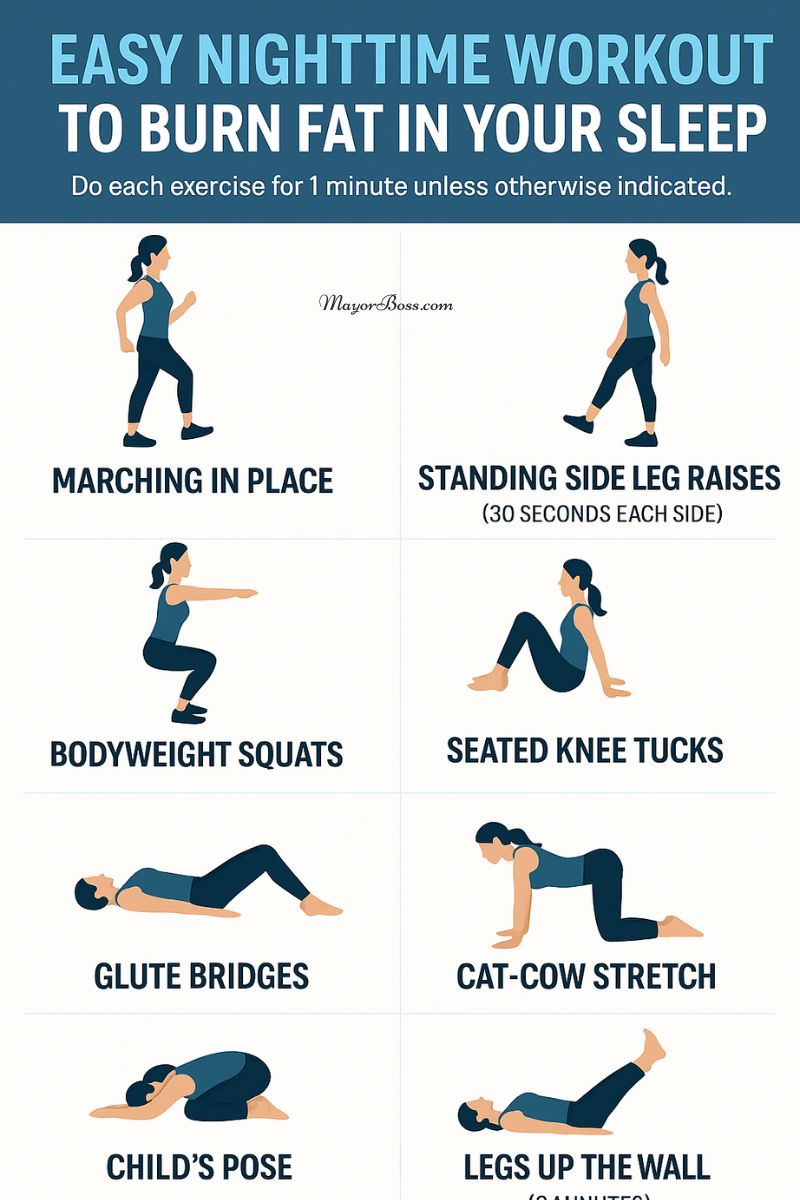Not Losing Weight on Ozempic? Here’s Why and What You Can Do
Ozempic (semaglutide) is a medication that has gained popularity for its effectiveness in treating type 2 diabetes and promoting weight loss. It’s not a magic solution, however, and some people find their weight loss stalls or that they may not lose weight at all while taking this medication. If you’re one such individual, there are several potential factors to consider. Let’s explore these reasons and discuss possible solutions.

How Ozempic Works
It works by:
- Mimicking GLP-1: Ozempic mimics a naturally occurring hormone called glucagon-like peptide-1 (GLP-1). This hormone is released in your gut after a meal, targeting various areas of the body.
- Controlling Blood Sugar: GLP-1 plays a crucial role in regulating blood sugar by signaling the pancreas to produce more insulin and the liver to reduce its output of glucose.
- Slowing Digestion: Ozempic delays gastric emptying, making you feel full for a longer period. This effect reduces appetite and food intake, supporting weight loss.
- Promoting Satiety: GLP-1 acts on the brain to make you feel full and satisfied even with smaller meals.
Reasons You Might Not Be Losing Weight on Ozempic
Here are some common reasons why Ozempic might not be showing the results you want:
1. Unrealistic Expectations
While Ozempic can be highly effective for weight loss, having realistic expectations is essential. Weight loss typically happens gradually, and you shouldn’t anticipate extreme results in a short period. If you expect dramatic weight loss overnight, you’re more likely to be disappointed.
2. Insufficient Dosage
Ozempic’s dosage is gradually increased when you begin, allowing your body to adjust and minimize side effects. It may be that your current dose isn’t high enough to produce significant weight loss. Consulting your doctor to discuss whether a higher dose could be appropriate for you is essential.
3. Not Enough Time
Weight loss with Ozempic doesn’t happen immediately for everyone. It may take several weeks or even months before you see substantial changes. If you’ve only started on Ozempic recently, remember to be patient and let your body adjust to the medication and its effects.
4. Dietary Habits
Lifestyle choices, specifically your diet, significantly influence weight loss outcomes. Even with Ozempic, sticking to a healthy, calorie-controlled diet is necessary for effective weight loss. Ozempic might suppress your appetite, but if you indulge in high-calorie and unhealthy foods, you may not lose weight effectively.
5. Lack of Exercise
A healthy diet paired with regular exercise is the ideal weight-loss plan. Ozempic helps manage appetite and cravings but doesn’t replace the role of physical activity. Engaging in moderate-intensity exercise for at least 150 minutes per week significantly contributes to weight loss efforts.
6. Existing Medical Conditions
Sometimes, underlying health conditions can hinder weight loss, even when someone is using Ozempic. These may include:
- Hypothyroidism: A condition where your thyroid gland is underactive, slowing down metabolism and making weight loss challenging.
- Polycystic Ovarian Syndrome (PCOS): A hormonal disorder in women that can cause insulin resistance, affecting weight regulation.
Always discuss existing medical conditions with your doctor to ascertain how they may impact your weight loss trajectory.
7. Water Retention
One factor influencing your weight can be water retention. Ozempic may sometimes cause bloating or water retention in the initial stages. Remember, the number on the scale doesn’t necessarily reflect changes in fat loss.
8. Weight Loss Plateau
During weight loss, hitting a plateau – a period in which weight loss stalls – is relatively common. The body eventually adapts to a calorie deficit and changes in metabolic rate. To manage a plateau, it may be necessary to further adjust your calorie intake and boost your exercise regimen.
Tips to Boost Weight Loss While on Ozempic
If you’re struggling with weight loss on Ozempic, here are a few helpful strategies:
- Talk to Your Doctor: Your doctor is the best source to address any concerns about your weight loss progress on Ozempic. They can assess your dosage, discuss any potential underlying medical conditions, and guide you toward additional support.
- Track Your Calories: Understanding your caloric intake is crucial. An online calorie tracker, a food journal, or working with a dietitian can help you monitor your diet and optimize it for weight loss.
- Eat Whole Foods: Emphasize nutritious foods like fruits, vegetables, lean protein, and whole grains. This ensures you’re getting essential nutrients and promoting better satiety. Limit processed options, sugary drinks, and unhealthy fats.
- Prioritize Protein: Protein is highly satiating and can help maintain muscle mass during weight loss. Include protein-rich foods like chicken, fish, eggs, or beans with each meal.
- Stay Hydrated: Proper hydration is vital for overall health and may positively affect weight loss. Aim for adequate water intake throughout the day.
- Manage Stress: Stress can lead to emotional eating and affect weight regulation. Engaging in stress-busting activities such as yoga, meditation, or spending time in nature can be helpful.
- Get Enough Sleep: When you’re sleep-deprived, it disrupts hormones that regulate hunger, cravings, and metabolism. Aim for 7-8 hours of quality sleep each night.
FAQs
1. Is it normal to not lose weight on Ozempic?
While Ozempic is widely associated with weight loss, not everyone responds to it in the same way. Some individuals may experience minimal or no weight loss when on this medication. If you have concerns, talk to your doctor.
2. How long does it take to see results with Ozempic?
There’s no one-size-fits-all answer to this question. Each person responds differently. Some people may see initial weight loss within weeks, while others may require a longer time frame to observe consistent progress. Don’t get discouraged. Focus on healthy modifications and speak to your doctor about expectations.
3. Can I take Ozempic just for weight loss?
Ozempic is primarily prescribed for the treatment of type 2 diabetes. While weight loss is a common outcome, a similar version of the medication called Wegovy has been specifically approved for weight management. You should consult your doctor to determine if taking a GLP-1 receptor agonist for weight loss alone is safe and appropriate for you.
In Conclusion
Ozempic is an excellent tool for managing blood sugar and aiding weight loss, but it’s not a magic pill. Weight loss takes effort and a multifaceted approach. Remember the power of healthy routines: prioritizing good nutrition, consistent exercise, and quality sleep. Most of all, consult your doctor for guidance and a tailored strategy to maximize your weight loss success on Ozempic.






